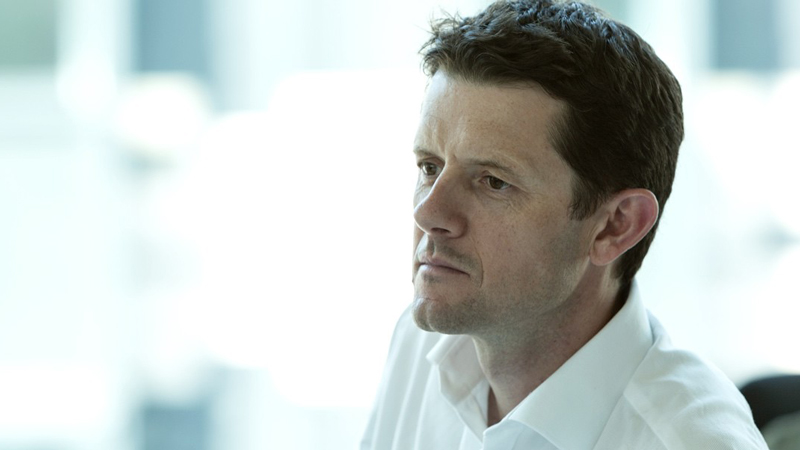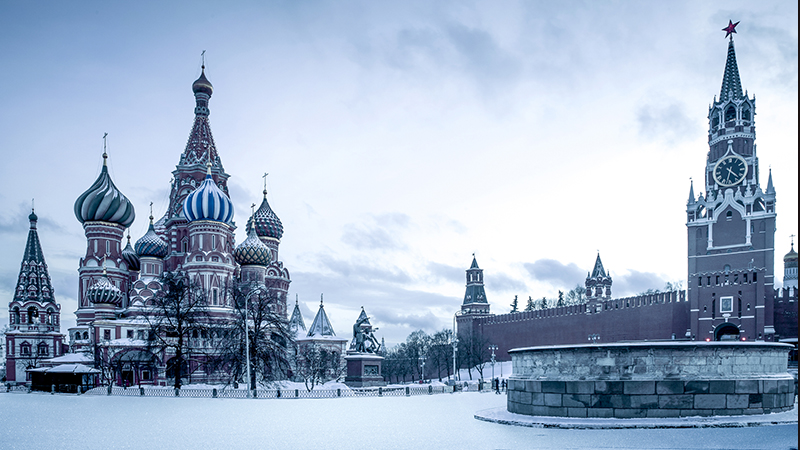On 24 February, Russian president Vladimir Putin ordered troops to advance into Ukraine, signalling a major escalation in the Russo-Ukrainian war that had been rumbling on since 2014. In the international response that followed, Russia became increasingly cut off from the outside world through boycotts and financial sanctions. And during this time, a fire-sale of Russian investment assets took place.
For a few major fund houses – including Abrdn, Liontrust, Jupiter and Invesco – this required specific vehicles to be gated. Many of these were consequently liquidated but Liontrust’s Russia Fund remains gated and under “continual review” according to the asset manager’s website.
Six months on from the start of the crisis and sentiment toward the region remains the same throughout the industry.
Russia stays out in the cold
For the firms that have liquidated investments, or put in place boycotts against Russian assets, there has been no change on this outlook.
Though Liontrust has not liquidated its Russian fund, a spokesperson for the firm explained the market simply does not register for its multi-asset team when it comes to finding investment opportunities due to their focus on risk and return objectives.
“Their investment style looks at strategic asset allocation, tactical asset allocation, then from there, selecting funds, building the portfolios and then ongoing risk management of the funds they hold,” explained the spokesperson. “Given they’re so focused on targeting risk, it’s just not an area they’re targeted at.”
Another firm unchanged in its outlook is Fidelity, which earlier in the year issued a statement that still applies according to the firm’s spokespeople: “Fidelity has decided that it will not be investing in Russia and Belarus for the foreseeable future. As such, we have implemented a firm-wide prohibition on any new or additional purchases of Russian and Belarusian securities.”
The lack of change in boycott reflects the fact the conflict shows no signs of de-escalating. This means economic sanctions are still firmly in place. Even if international investors wanted to redeploy capital to Russia, they physically are unable to.
“The region is literally uninvestable in practical terms potentially unless there is a regime change in the country,” says David Henry, investment manager at Quilter Cheviot. “If the market opened again in the short term, it is very likely therefore that there would be a fire sale of positions by western investors. Do not expect to see any institutional managers taking positions in Russian securities again for a very long time, if ever.”
A secondary fire sale that Henry alludes to here, is the fact some investors have clung to their Russian assets. The mass selling in February and March led to some values being highly impaired, forcing some to hold on until they can sell without making a loss.
This was the case for the $20bn of Russian sovereign bonds which effectively collapsed in value. Abrdn fund manager Cecely Hugh explains western banks have pulled back from trading in these securities, but new guidance from the US Treasury has meant US holders of these bonds can go back to market in a bid to wind down their positions in what is effectively an amnesty of Russian trading.
“Following this, there have been reports of some US banks cautiously returning to the market for Russian bonds solely for divestment purposes,” says Hugh. “Although little light has been shed on the potentially thorny issue of the general type of buyer in these divestment trades, we observed some recovery in Russian bond values since late July.”
The feasibility of a sustained boycott
Russia may be so vast it shares land borders with both Norway and North Korea, but its economy is only the world’s 11th largest according to the World Bank. Though the conflict has caused inflation to surge around the world, leading some major markets to the brink of recession, on a strictly portfolio-specific basis the boycott has had a limited effect.
“Prior to the invasion of Ukraine, Russia made up just under 4% of the broad MSCI Emerging Markets index,” explains Quilter Cheviot’s Henry. “Its weight had been declining due to poor performance since 2008 when it made up around 10%. The region has now been removed from the benchmark.
“In emerging markets more broadly, we continue to believe there are enough attractively valued companies in other regions to be confident on the long-term growth prospects for the asset class.”
However, the situation may be more complex when it comes to Russian debt. This is due to the unprecedented nature of Russian defaults.
Typically, when a country or company defaults on its bond payment obligations, it’s because of an inability to pay. Conversely, Russia has an ability to pay, and the country has still been making money off oil and gas exports to China and India. Despite this, sanctions means bondholders cannot be paid.
“Arguably, the most important forward-looking investment lesson of the Russia sanctions episode could be the need for investors to incorporate a new ‘global systemic exclusion’ default category into their risk framework,” says Abrdn’s Hugh. “An important consideration here is the extent to which the recent Russian default case can be seen as a one-off anomaly.
“In our view, though, the undeniable emerging reality in recent years of more a protectionist and generally less co-operative world system suggests otherwise.”











